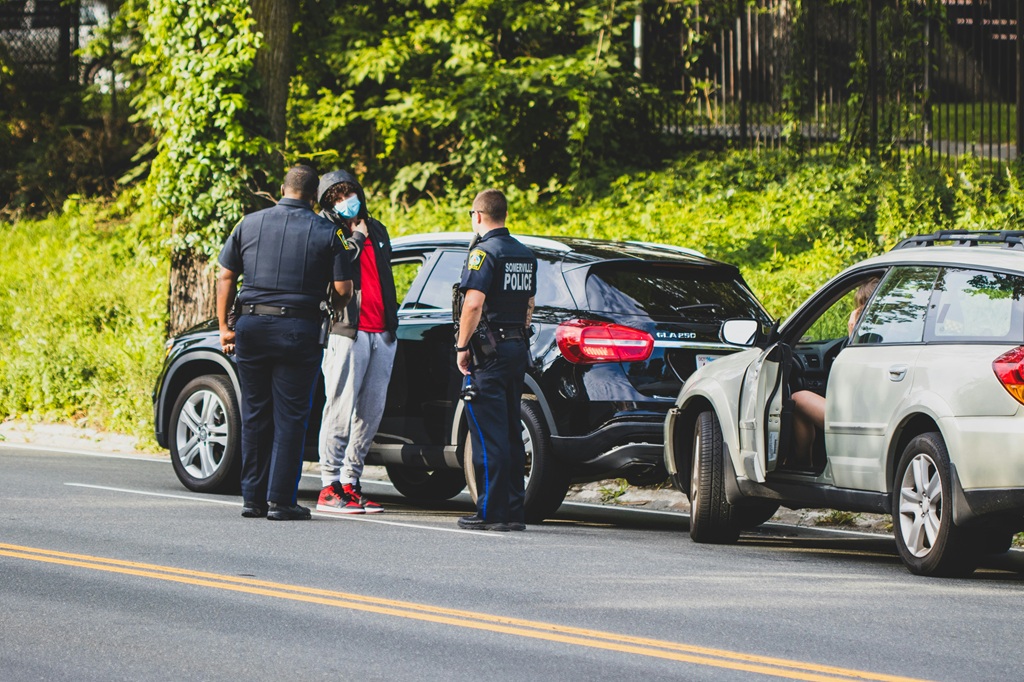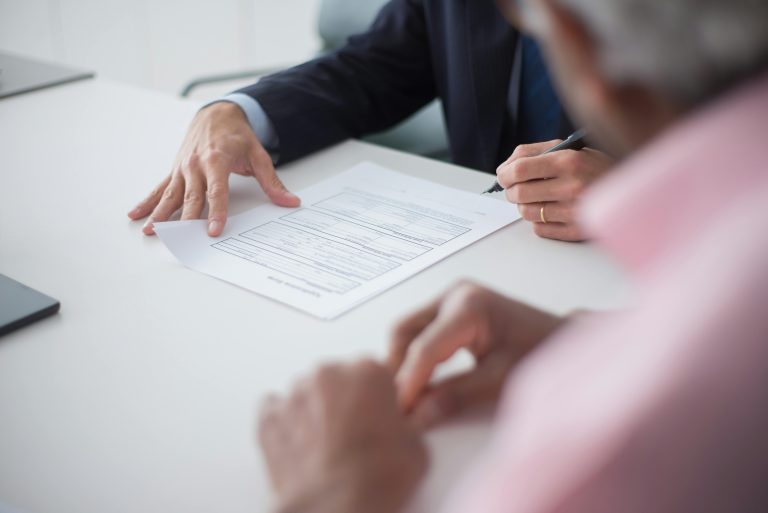When you’re involved in a traffic collision, the impact isn’t just physical. It brings a flood of questions and responsibilities. Who was at fault? What are your options for recovering losses? How do you deal with the insurance adjuster who seems more interested in saving money than helping you? These concerns can feel overwhelming, especially in a city like Tampa, FL, where traffic congestion and distracted driving incidents aren’t uncommon.
Let’s explore what you need to know and why experienced guidance matters more than you might think!
What Makes Car Accident Law Different from Other Legal Areas
Traffic-related cases often involve several overlapping issues. Liability, negligence, and state-specific insurance statutes all come into play. Unlike real estate or contract law, where disputes usually stay between two parties, collisions bring in outside players, like insurance providers, police departments, and sometimes even medical billing offices.
The state’s no-fault system adds another layer. Drivers often turn to their own insurance first, even if another driver caused the incident. But certain thresholds must be met before you can step outside the no-fault rule to pursue compensation.
The Role of a Lawyer in Car Accident Claims
Tampa roads are busy. Between daily commuters, tourists, and commercial trucks, it’s no surprise the area sees a high number of traffic-related incidents each year. Florida’s comparative fault rule allows drivers who were partially responsible to still recover damages, but the amount is reduced based on their percentage of fault. Navigating this process without informed support is risky.
Local law firms like Jack Bernstein, Injury Attorneys offer focused help for those dealing with post-collision complications. They assist with everything from gathering evidence to negotiating with insurers, and they bring valuable experience with Tampa’s unique court procedures. If someone is looking for tailored representation in this city, reaching out to a Tampa auto accident lawyer may be a smart move. These professionals know how to deal with local insurance adjusters and build strong cases based on Florida statutes and real-world experience.
Proving Fault Isn’t Always Straightforward
Blame is rarely clear-cut. One driver may have made a sudden turn, while the other was speeding. Or both could have acted negligently. In this state, the comparative negligence rule means each party’s role is examined closely. That analysis affects how much each party can recover.
To present a strong argument, you need evidence: dash cam footage, traffic camera snapshots, police reports, and witness statements. Timing matters too. Delays can make documentation harder to collect. Skilled help can make the difference between securing strong proof and facing an uphill battle.
Dealing with Insurance Companies Can Be Tricky
After an incident, most people contact their insurance provider right away. It seems like the natural thing to do. But many policyholders quickly learn that insurers don’t always act in their best interest. Adjusters might downplay the damage or say your version of events doesn’t match the report.
This is when guidance becomes essential. The goal isn’t just to file paperwork—it’s to respond appropriately to questions, avoid giving up important rights, and push back when the offer doesn’t reflect the true cost of the incident. Even when things seem straightforward, the fine print in your policy might create unexpected hurdles.
Your Lawyer Gathers and Protects Key Evidence
Evidence doesn’t stay available forever. Traffic videos get erased, witnesses forget what they saw, and damaged vehicles get repaired. Swift, deliberate action helps preserve the facts needed to support your side of the story.
Lawyers can send letters of preservation to request surveillance footage, secure crash reconstruction experts, or track down witness contact information. They also know how to document your injuries in a way that supports your case later, whether in negotiations or in court. Without proper documentation, even strong cases can fall apart.
Legal Deadlines Are Easy to Miss Without Help
The state has a strict statute of limitations for traffic-related lawsuits. Most individuals have just two years to act, but depending on the details, the deadline could shift. Waiting too long can result in a complete loss of legal options, even if you had a strong case.
Missing a filing date isn’t always about procrastination. Some people spend months negotiating with insurers or waiting for medical updates, not realizing the clock is ticking. Professionals who understand these limits keep everything on schedule. They track important dates and make sure key documents get submitted in time.
Settlement or Court? Knowing What Route to Take
Most collision-related disputes are resolved through settlement. That means reaching an agreement with the insurer or opposing side without going to trial. This route is often faster and less stressful, but it’s not always the best choice.
Sometimes, the other party won’t offer fair terms. That’s when the case might move to court. This process is longer, but it could result in a more complete recovery. Representation helps people weigh their options and decide what path makes sense based on their unique situation. Good advice helps you move forward without second-guessing every choice.
Understanding What Compensation Really Looks Like
The cost of a wreck doesn’t stop at a damaged bumper or a hospital visit. Missed work, temporary disability, long-term therapy, or the need for home adjustments can all become part of the equation. Many people think only about the immediate bills.
Lawyers can help clients think ahead. They consider the bigger picture: future medical expenses, lost earning potential, and how the event might change daily life. They can also push for fair value on less obvious damages, such as long-term physical restrictions. Without that perspective, victims often walk away with less than they deserve.
When you’re dealing with the fallout of a collision, understanding the law is only part of the process. Getting support from someone who knows how the state’s system works and who can protect your interests every step of the way makes a lasting impact.
Trying to manage everything on your own can leave you frustrated, underpaid, or out of options. The process involves more than just paperwork. It’s about strategy, timing, negotiation, and local experience. The sooner you get that help, the better prepared you’ll be for whatever comes next.
Articles published under the Editorial Desk byline may include material from various sources and are reviewed internally to ensure clarity, factual consistency, and compliance with the site’s editorial standards. Content is published for general informational purposes only and follows applicable content and publishing guidelines




